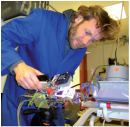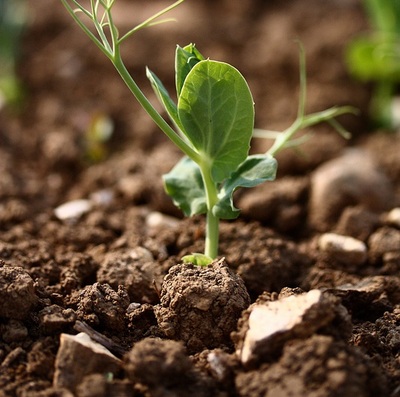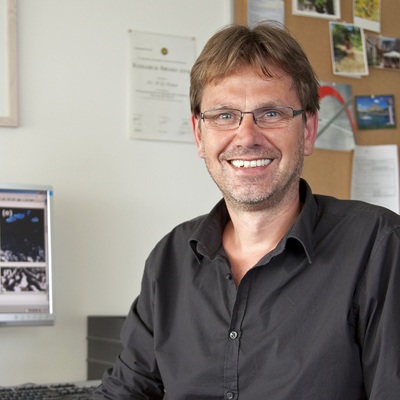In this research I'm investigating how the photosynthesis and transpiration of plants changes depending on the CO2 level under which plants have grown up. I think this question is very important to answer because plants play and important role in hydrological cycle and the carbon cycle. Plants influence these cycles at a global scale because they assimilate carbon by photosynthesis and simultaneously transpire water through microscopically small stomatal pores in their leaves (see the image below). This role becomes even more intriguing when you consider that the current rise in atmospheric CO2 concentrations has a direct effect on the transpiration and photosynthesis of plants. The extent to which plants influence global fluxes of water and carbon are recognized as key uncertainties in climate change predictions.








 RSS Feed
RSS Feed
